In Asian markets, developments stemming from the Ukraine issue and commodity prices draw attention.
Rusal, which is among the largest aluminum producers in the world, watched with an increase approaching 10 percent today after a 19 percent decrease in Hong Kong yesterday.
Fears that the Moscow-based company could be the target of sanctions were significantly alleviated when the package announced by Biden was found to be light.
Nord Stream 2 decision benefits South Korean shipbuilding companies
On the other hand, shipbuilding shares in Seoul started the day with a rally after German Chancellor Olaf Sholz shelved the Nord Stream 2 (NS2) project.
Shares of some LNG tanker-focused companies posted increases of nearly 30 percent. Daewo Shipbuilding, which owns large shipyards, saw increases of 14 percent and Hyundai Heavy 10 percent. South Korea ranks first by far in LNG tanker construction.
According to the report published by Daishin Securities, the Ukraine crisis is expected to increase LNG tanker orders over the long term.
Rise in nickel stocks
Nickel shares in the Philippines and Indonesia are among the highest gains of the day.
Nickel, which is critical for electric vehicles and the steel industry, saw its highest level in the last 10 years in London and Shanghai. The LME contract went up to $25,000 per ton.
Palm oil's record journey continues
On the commodity front, palm oil continues its climb by repeating the record. Indicative Malaysian futures reiterated their all-time high this morning at 5900 ringgit.
On the other hand, the rapidly rising vegetable oil prices prompted the Chinese government to take action.
It was announced that sales will be made from state reserves, and the Minister of Agriculture, speaking later, noted that they will take steps to expand oilseed cultivation areas.
Restraining food inflation in the country that is home to the world's most populous population is among the top priorities of the government.
The Beijing administration also closely monitors the developments in grain supply.
Olympic measures hit steel production in China
Daily steel production in China declined due to the measures taken due to the Olympics.
According to the Iron and Steel Association data, the daily average production amount of large steel enterprises decreased to 1.92 million tons in the first 10 days of the current month. The amount is 4.5 percent below the previous 10-day period and 12.8 percent below the same period of the previous year.
In order to keep the air clean at the Winter Olympics, iron and steel enterprises in Hebei province were asked to cut production. The state, which geographically surrounds Beijing, has a steel capacity of at least 300 million tons.
fuel crisis in vietnam
Vietnam found itself in a fuel crisis amid rising oil prices.
At least 300 gas stations in Vietnam, which is one of the most dynamic economies in Asia, were out of service due to supply shortages. The crisis was at the top of the public agenda.
The main reason for the crisis is the disruption of the Nghi Son refinery, which meets 34 percent of the domestic demand, due to financial difficulties.
The financial health of other refineries in the country, where the price of gasoline is equivalent to 62 cents per liter, also raises doubts.
Tightening cycle continues in New Zealand
While the Reserve Bank of New Zealand (RBNZ) hiked interest rates for the third time in a row today, it came to the fore especially with its inflation assessments.
Noting that the jump in global inflation is temporary, however, the current situation deteriorates "inflation expectations", RBNZ also warned against the wage-price vicious cycle.
On the other hand, the fact that a 50 basis point increase was discussed in the Monetary Policy Committee reinforced the forward-looking hawkish perception.
Consumer prices in the agricultural commodity exporter country are at their highest levels since 1990.


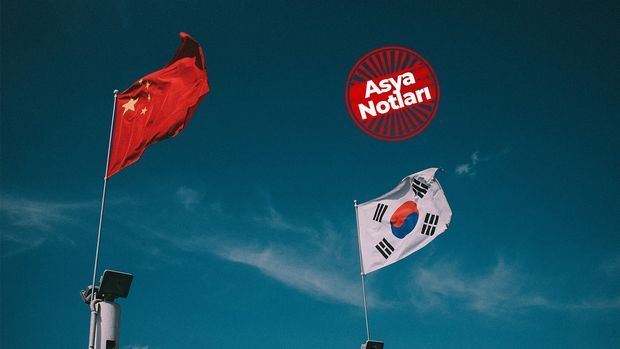

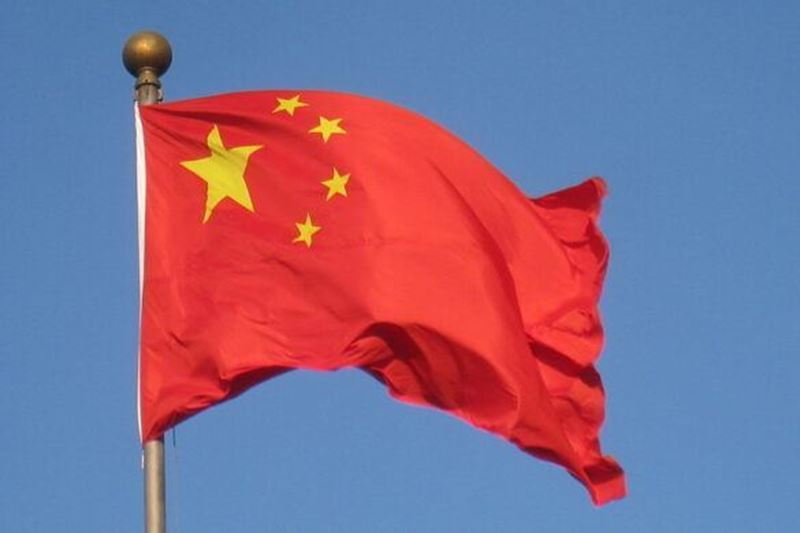
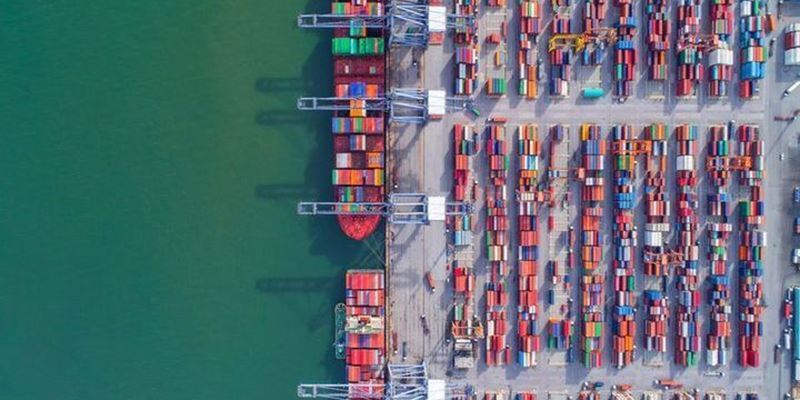
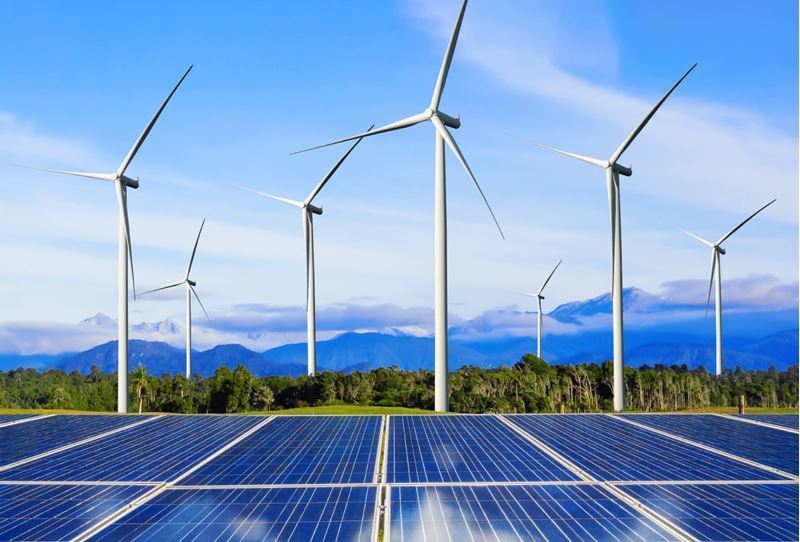

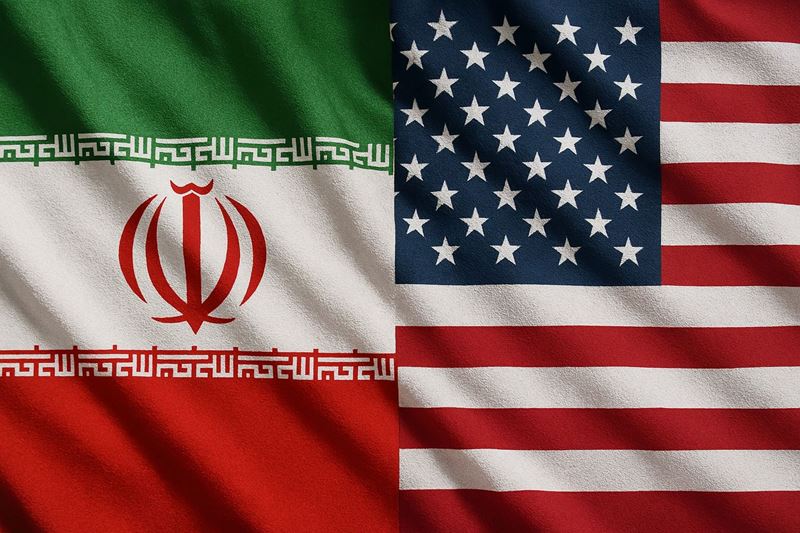


Comments
No comment yet.